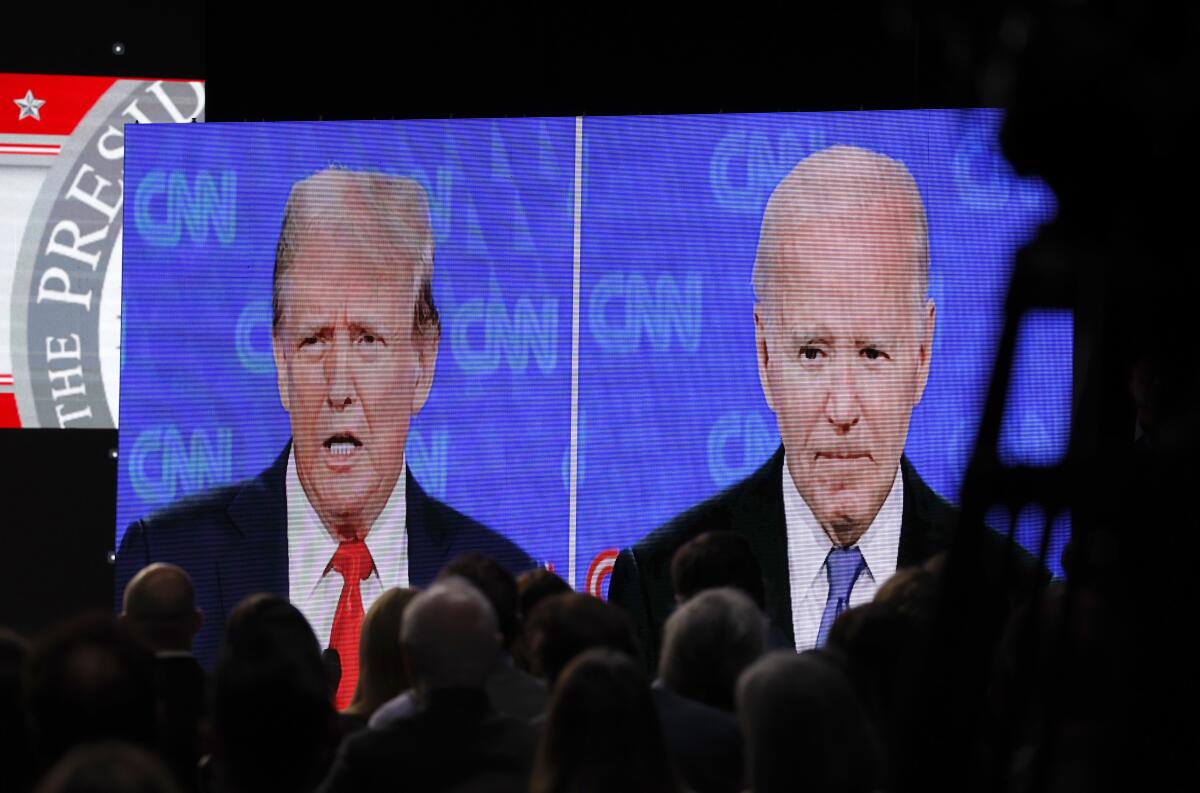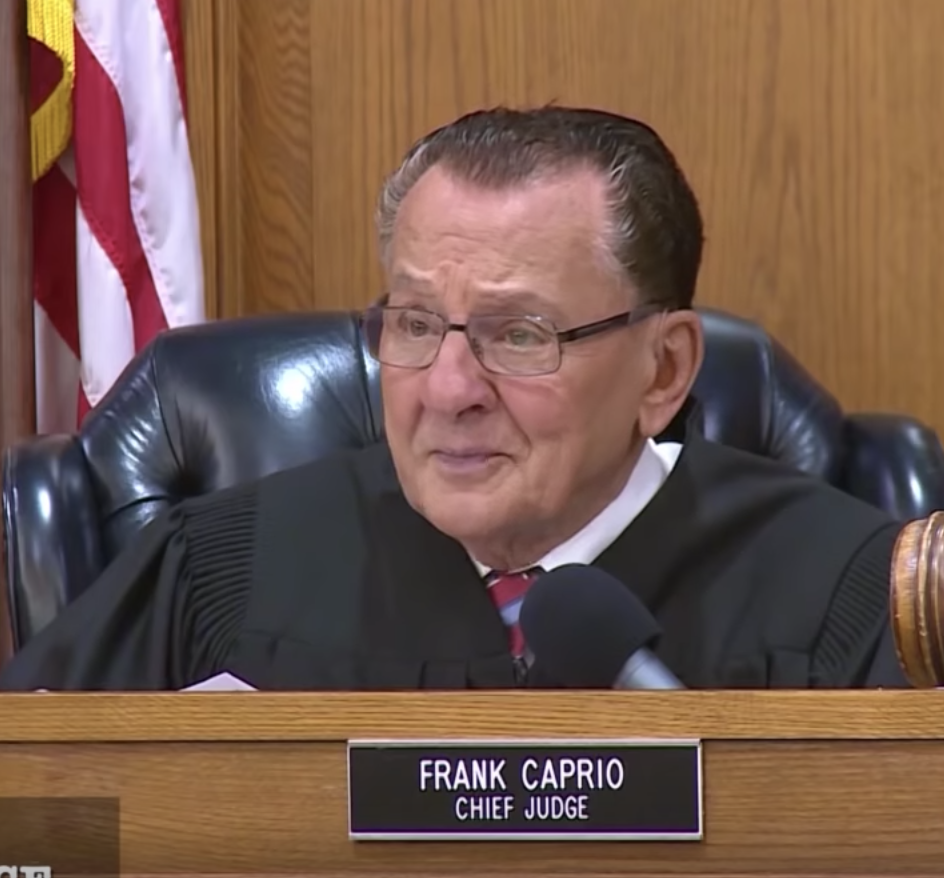Foodbabe –
What’s the difference between the bread at your local Subway and a yoga mat? Apparently, not enough!
Subway restaurants announced that it will stop using the same chemical used in the production of plastic yoga mats that they use in some of their bread.

On her drive to improve what America eats as well as how they eat, Vani Hari, creator of the web site foodbabe.com, discovered that azodiacarbonamide, a chemical used in the production of yoga mats and rubber-soled shoes was also being used as a “bread conditioner” in Subway’s sandwich bread.
Although approved by the USDA and FDA, the asthma inducing and potentially carcinogenic chemical has been banned in Europe, the U.K. and Australia. Within 24-hours of posting a petition on her web site to get the sandwich king to remove the chemical, Hari received over 50,000 signatures.
Subway’s reaction?
“We are already in the process of removing azodiacarbonamide as part of our bread improvement efforts despite the fact that it is USDA and FDA approved ingredient,” the company said in a statement. “The complete conversion to have this product out of the bread will be done soon.”
“It’s not supposed to be food or even eaten for that matter. And it’s definitely not ‘fresh,’ Hari said on her web site. “We deserve the same safer food our friends get overseas.”
The Ethical Take: One person can make a difference.
The circus has finally left town –
“Better late, than never.”
That’s how one New York Times reader responded to the news that Yankee slugger Alex Rodriguez announced he was dropping law suits against Major League Baseball and the players union after an arbitration hearing reduced his suspension to 162 games – the length of a season – along with any post-season play.
Despite the fact that “The arbitrator’s report in his case… offered an authoritative account of Rodriguez’s doping regimen,” Rodriquez refuses to admit using any banned drugs.
In a statement, Major League Baseball said, “We believe that Mr. Rodriguez’s actions show his desire to return the focus to the play of our great game on the field and to all of the positive attributes and actions of his fellow major league players. We share that desire.”
The players union, in a statement, added that “Rodriguez has done the right thing by withdrawing his lawsuit. His decision to move forward is in everyone’s best interest.”
“There is no winning in these situations,” said Steven G. Eckhaus, an employment law expert with Cadwalader, Wickersham & Taft. “It was an intractable situation,” Eckhaus said. “M.L.B. didn’t win — they got tarred dramatically here. Their dirty laundry was exposed. The use of drugs was exposed.
“When one of its major stars was turned into a circus side show, M.L.B. lost just as badly.”
The E.T.: A-Rod finally sees the handwriting on the wall. Maybe he’ll see the light, also.
Common sense trumps revenue –
Like the perennial smoker who vows to stop smoking each year during the Great American Smokeout, CVS CaremarkCorporation, with over 7,000 CVS Pharmacies and Longs Drugs stores announced in a full-page newspaper ad that it willstop selling cigarettes and all tobacco products nationwide by October 1, 2014.
“The sale of tobacco products is inconsistent with our purpose – helping people on their path to better health,” the company said in a statement. “Ending the sale of cigarettes and tobacco products at CVS/pharmacy is simply the right thing to do for the good of our customers and our company.”
While drugstores only account for 4 percent of retail sales, the move taken by the pharmacy giant could signal a similar move for other chains.
The full-page ad, which ran in newspapers across the country said, “Cigarettes and tobacco products have no place in a setting where health care is delivered. This is the right thing to do.”
E.T.: Finally, a come-to-Jesus moment that everyone can cheer!
Perception vs. reality –
On January 25, The New York Times reported that “Three members of the House of Representatives pleaded guilty to, or were convicted of, crimes in 2013, more than any other year since 1981…
“Nevertheless, political analysts say, one rotten apple — or even the scores of them picked up in the past two decades — does not spoil the barrel. ‘I’ve studied American political corruption throughout the 19th and 20th centuries, and, if anything, corruption was much more common in much of those centuries than today,’ said Larry J. Sabato, the director of the University of Virginia’s Center for Politics.
“What has skyrocketed, he argues, is the public perception that politicians are corrupt. And to an extent, the numbers back him up.
“Convictions of federal officials dropped nearly a quarter from 1989 to 2011, the most recent year for which figures are available. Convictions of state officials doubled, thanks in part to a sharp one-time increase in 2011. Local officials’ convictions have remained comparatively steady.
“A 2007 compendium of misdeed, “The Almanac of Political Corruption, Scandals and Dirty Politics,” concluded that fewer than 1 percent of the nearly 12,000 people who had served in Congress had been expelled, indicted or tried for crimes.”
So, what’s different?
“The news has gotten nationalized,” Darrell M. West, the vice president of government studies at the Brookings Institution in Washington, said in an interview. “The mayor of Toronto is an excellent example. Here’s a mayor of a city in a foreign country, but his name and picture are plastered all over the American media.”
The E.T.: Let’s all practice a little more self-restraint before branding them all corrupt.
Comments










